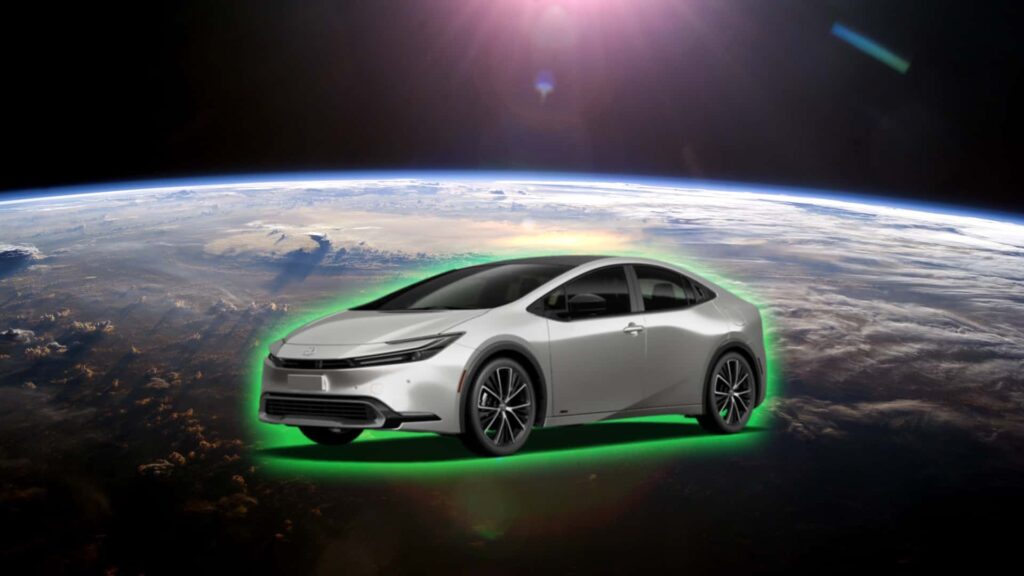Toyota’s hybrid vehicles had a remarkable year in terms of sales performance. Despite the company’s slower approach to launching competitive electric cars, the market for hybrid models witnessed a significant growth of 21.1% globally based on Toyota’s year-end sales report.
In the United States, Toyota’s hybrid lineup has been thriving, with hybrid versions available for key models like the Camry, Land Cruiser, Sienna, Venza, and Sequoia. The company’s commitment to hybrid technology is evident, with plans to expand hybrid offerings to include the popular RAV4 in the future.
Toyota’s success in the hybrid market can be attributed to its pioneering role in popularizing hybrids with the introduction of the Prius over two decades ago. The company’s hybrids are known for their reliability, efficiency, and affordability, making them a preferred choice for environmentally conscious consumers.
While Toyota has been criticized for its slow transition to electric vehicles, the company’s focus on hybrid technology continues to resonate with consumers who are not yet ready to embrace full electrification. Hybrids serve as a practical and reliable alternative to traditional internal combustion engine vehicles, bridging the gap between conventional and electric cars.
Despite being a late adopter of new technologies, Toyota’s commitment to reliability has paid off in the hybrid market. The company’s consistent refinement of hybrid powertrains has resulted in durable and long-lasting vehicles, a key factor in promoting sustainability in the automotive industry.
Although Toyota’s electric vehicle sales remain modest compared to other automakers, the company has shown steady growth in the EV market, with a 34.5% increase in EV sales compared to the previous year. Plug-in hybrids, such as the RAV4 Prime, have also seen strong demand, indicating a promising future for electrified vehicles in Toyota’s lineup.
Overall, Toyota’s focus on electrified vehicles, including hybrids and plug-in hybrids, showcases the company’s commitment to sustainable mobility. While challenges remain, such as the decline in hydrogen fuel-cell vehicle sales, the automotive industry’s shift towards electrification is a positive step towards a more sustainable future.
In conclusion, Toyota’s success in the hybrid market underscores the importance of offering diverse electrified options to cater to varying consumer needs. As the automotive industry continues to evolve, Toyota’s hybrid offerings serve as a stepping stone towards a future where electric vehicles will play a more prominent role.

